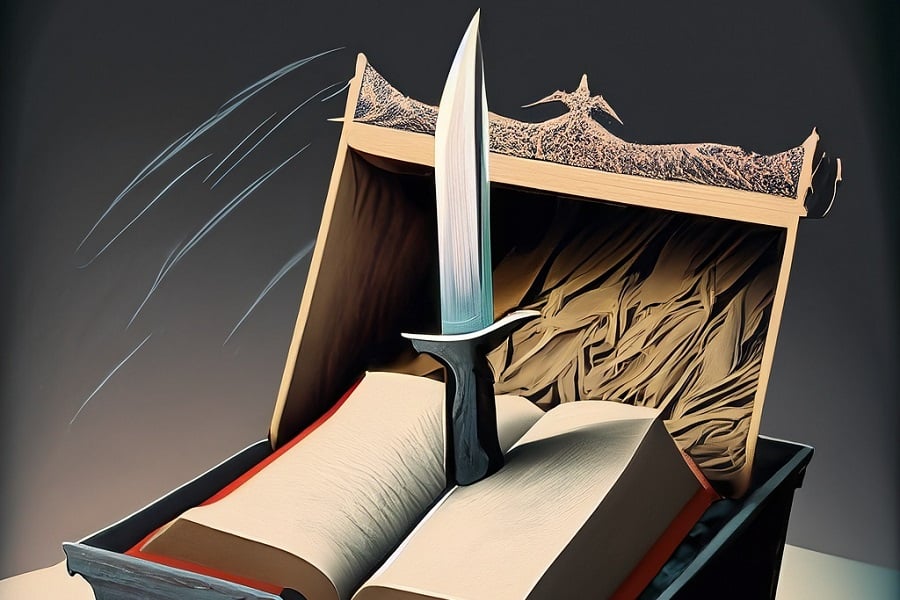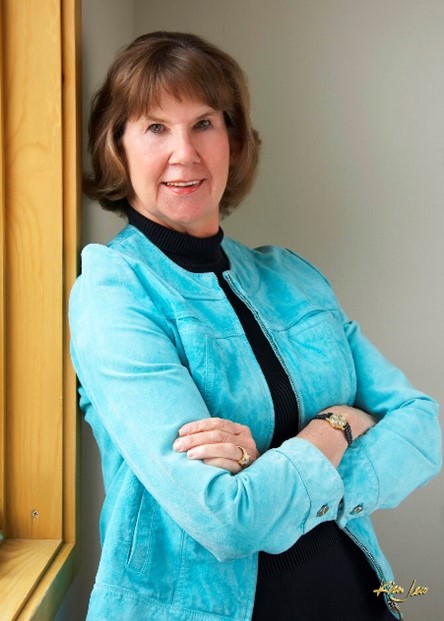
Why Murder Mysteries Intrigue
Charlene Bell Dietz
For some reason, we’re all drawn to what we don’t understand. The need to investigate and comprehend must originate from some primeval-survival instinct. We navigate our daily world with little concern when it mostly consists of routine habits and familiar surroundings. Still, we more often than not delight in a chance to engage in something unknown if we can remain safe from emotional or bodily harm. Welcome to the mystery novel. Stories of suspense and crime have become the passport for us to experience menace without danger.
“Most of us would not kill someone, and, could not even imagine doing so, but we are still nonetheless fascinated by those who can.” states the Police Science Academy web page. Forensic psychologist Dr. Paul G. Mattiuzzi, talking about crime and murder, says, “…it’s a most fundamental taboo and also, perhaps, a most fundamental human impulse”. “Whenever a bizarre, horrifying, or seemingly out-of-character crime occurs, the human mind is baffled and wants to make sense out of something that seems senseless. Who is the perpetrator? What drove him to commit the crime? Why that particular crime? And so forth.” suggests Stanton E. Samenow Ph.D., Inside the Criminal Mind, Psychology Today, July 2020. So, it appears mystery readers search for more than thrills from this genre.
Samenow believes many readers, fascinated by gruesome details and events surrounding the crime, not only have a strong desire to solve the mystery but want to puzzle out what caused the perpetrator to commit such antisocial acts. We want to understand what’s happening because there seems to be an innate need for us to acquire knowledge. Mystery novels show us what happens beyond the edge of rational society, events we would never want to personally experience. Perhaps knowing what goes on these criminal minds also gives comfort to the reader that the murder/perpetrator’s thoughts radically differ from their own.
In the Whitechaple district of London, England, in 1889, Jack the Ripper captured everyone’s attention for the series of women he mutilated and murdered. This historic awakening of serial killers happened 100+ years before release of the American novel and movie, Silence of the Lambs, portraying Anthony Hopkins as Hannibal Lecter, serial cannibal killer. The success of this Thomas Harris’s imaginative writing garnered him five major academy awards and best seller status.
Then there’s the nice-looking young man named Theodore Bundy. “Bundy, who had been convicted and sentenced to death in Florida in 1979, quickly became the poster boy for serial murder, not only because of the number and severity of his crimes (he confessed to 30 murders but was suspected of killing more than 100 women in several states over a number of years) but also because, on the surface, he seemed to personify the American ideal: he was handsome, charming, educated and even had political aspirations. The disconnect between appearance and reality came to be seen as a defining trait of serial killers and is one of the main reasons Americans find them so fascinating.” David Schmid, University of Buffalo, September 2018.
However, other 1980 serial killers, such as Jeffrey Dahmer and John Wayne Gacy didn’t hold the charm and appeal of Bundy. Both these killers preyed on men and cannibalized them.
On Erin McCarthy’s October, 2016 Crime Blog, she wrote, “Serial killers tantalize people much like traffic accidents, train wrecks, or natural disasters,” Scott Bonn, professor of criminology at Drew University and author of Why We Love Serial Killers, wrote at TIME. “The public’s fascination with them can be seen as a specific manifestation of it’s more general fixation on violence and calamity. In other words, the actions of a serial killer may be horrible to behold but much of the public simply cannot look away due to the spectacle.”
“In a culture defined by an understanding of celebrity that emphasizes visibility rather than meritocracy as the precondition for fame, serial killers like Bundy, Lecter and [television series] Dexter have become the biggest stars of all, instantly recognized by the vast majority of Americans. Our fascination with serial murder provides us with a funhouse mirror through which we can glimpse distorted but still accurate reflections of our fears, dreams and values.” says Schmid.
Yet there’s an interesting phenomenon when the readers or audience end up cheering for the bad guys. This applauding of criminal characters in stories usually don’t involve killings, such as Ocean’s 11, The Italian Job, and H.G. Well’s The Invisible Man. Instead of murder, these tales consist of theft from those who deserve it. According to the Police Science Academy, we cheer these criminals on because of our own innate need to see justice served.
Mystery and suspense novels attract readers for numerous reasons: we’re curious and want to know how and why bad things happen. Learning about the criminal mind adds to our understanding, and this knowledge might be protective in some way. Through mysteries, we can safely experience thrills and see events we would never want to in real life. Following clues, we may solve the mystery and can have a fleeting moment of feeling powerful in our own living room. We crave for the return of fairness and justice. Finally, we know if the author is adept in mystery writing, we’ll have an opportunity to feel intelligent when we out guess where the twists and turns of a plot takes us.
Do you know of anyone who could commit a murder? Let me ask, “Could you?”
About the Author
Charlene Bell Dietz’s award-winning mystery novels The Flapper, the Scientist, and the Saboteur combines family saga with corporate espionage, and The Flapper, the Impostor, and the Stalker propels readers back into 1923 in frenetic Chicago. The Scientist, the Psychic, and the nut gives readers a frightening Caribbean vacation Two of her books won the coveted Kirkus stars and are named to Kirkus Reviews’ Best Book of 2018.
inkydancestudios.com | Facebook

More Mystery Features
Whodunnit Mysteries
The spine-tingling genre that keeps readers on the edge of their seats
Mysteries of the 1970s
A Golden Era for Mysteries
Lore in Mysteries
Mystery stories and the lore we love



